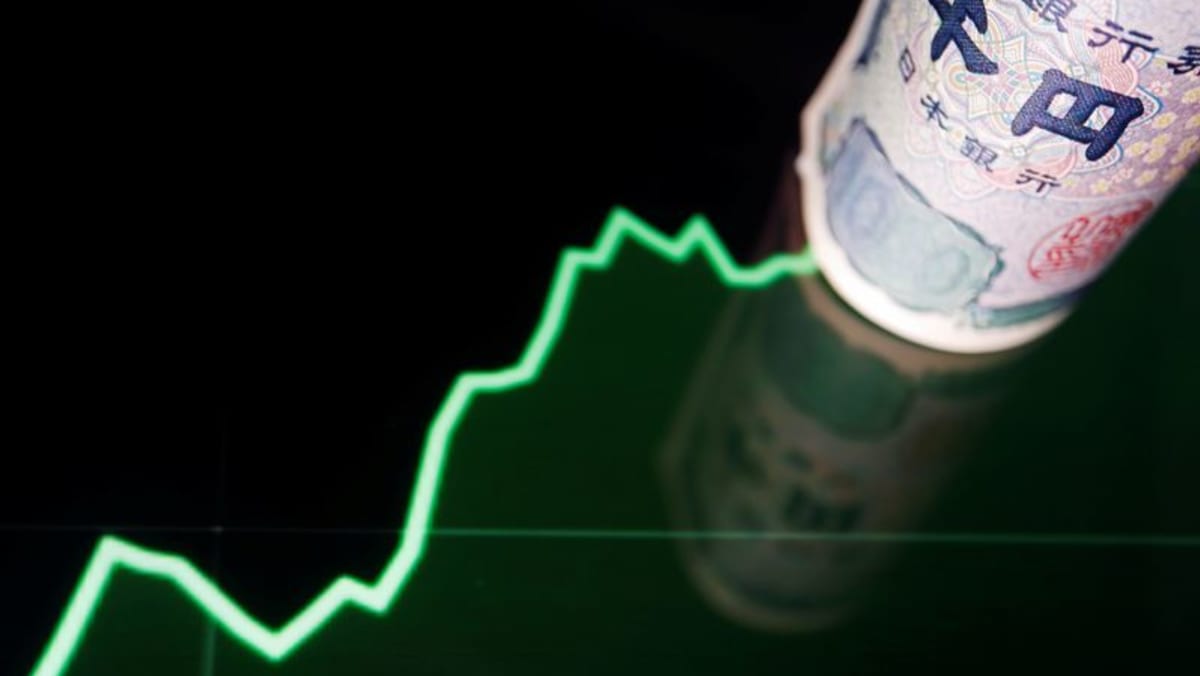WASHINGTON -Bank of Japan Governor Haruhiko Kuroda mentioned on Wednesday quick and one-sided strikes within the yen could be unhealthy for the financial system, signalling the pace of its fall – moderately than ranges – was the important thing concern for policymakers because the forex plumbs recent 24-year lows.
Kuroda additionally mentioned the dollar’s broad-based positive factors will probably be among the many key matters of debate at this week’s G20 and International Monetary Fund (IMF) conferences in Washington.
“Probably in Washington D.C. this time, lots of emerging economies will complain about the almost universal rise in the dollar against other currencies,” which made them increase rates of interest greater than deemed acceptable for his or her economies, he mentioned at an annual assembly of the Institute of International Finance.
The dollar hit a recent 24-year excessive of 146.80 yen on Wednesday after the discharge of U.S. producer value knowledge that was stronger than anticipated. It is now above ranges, simply close to 146, that triggered Japan’s forex intervention final month.
Kuroda mentioned the federal government’s choice to intervene within the forex market to cease one-sided declines within the yen was “quite appropriate,” including the BOJ will proceed to observe the impression of the forex’s strikes on the financial system.
“Yen depreciation may have a good impact on the macro-economy as a whole, but there are some sectors which are suffering” from the weak yen, Kuroda mentioned.
“If the currency’s movement is so fast and (one-sided in) direction, probably caused by speculation, that would be bad for the economy because that would make corporate planning more difficult,” he mentioned.
Kuroda and Japanese Finance Minister Shunichi Suzuki are each in Washington to attend the G20 and IMF conferences, the place policymakers face the problem of addressing rising inflation with out pushing the worldwide financial system into recession.
Japan intervened within the forex market final month to arrest sharp yen falls, pushed largely by the coverage divergence between aggressive U.S. rate of interest hikes and the BOJ’s resolve to maintain financial coverage ultra-loose.
Kuroda reiterated the BOJ’s dedication to maintain rates of interest ultra-low, arguing that the financial system has but to get well pre-pandemic ranges and inflation remained modest in contrast with Western economies.
While saying he was hopeful that inflation will stably rise towards 2 per cent in coming years, Kuroda mentioned the BOJ should be cautious in withdrawing stimulus too quickly.
“Wages are certainly rising now but insufficient to guarantee 2 per cent inflation in a sustainable and stable manner,” Kuroda mentioned.
“You cannot simply jump to the conclusion that we will be able to achieve 2 per cent inflation in two years, or one year’s time, so that we can change monetary policy now. That is not correct,” he mentioned.
The BOJ stays an outlier amongst a world wave of central banks tightening financial coverage to fight hovering inflation, because it focuses on underpinning a fragile financial system.
While client inflation has exceeded his 2 per cent goal, Kuroda has burdened that latest cost-push inflation should be accompanied by increased wage development to contemplate tweaking ultra-easy coverage.
Kuroda repeated his view Japan’s core client inflation will probably slide again under the BOJ’s 2 per cent goal subsequent fiscal yr with the dissipation of one-off results, akin to rising gas prices.


